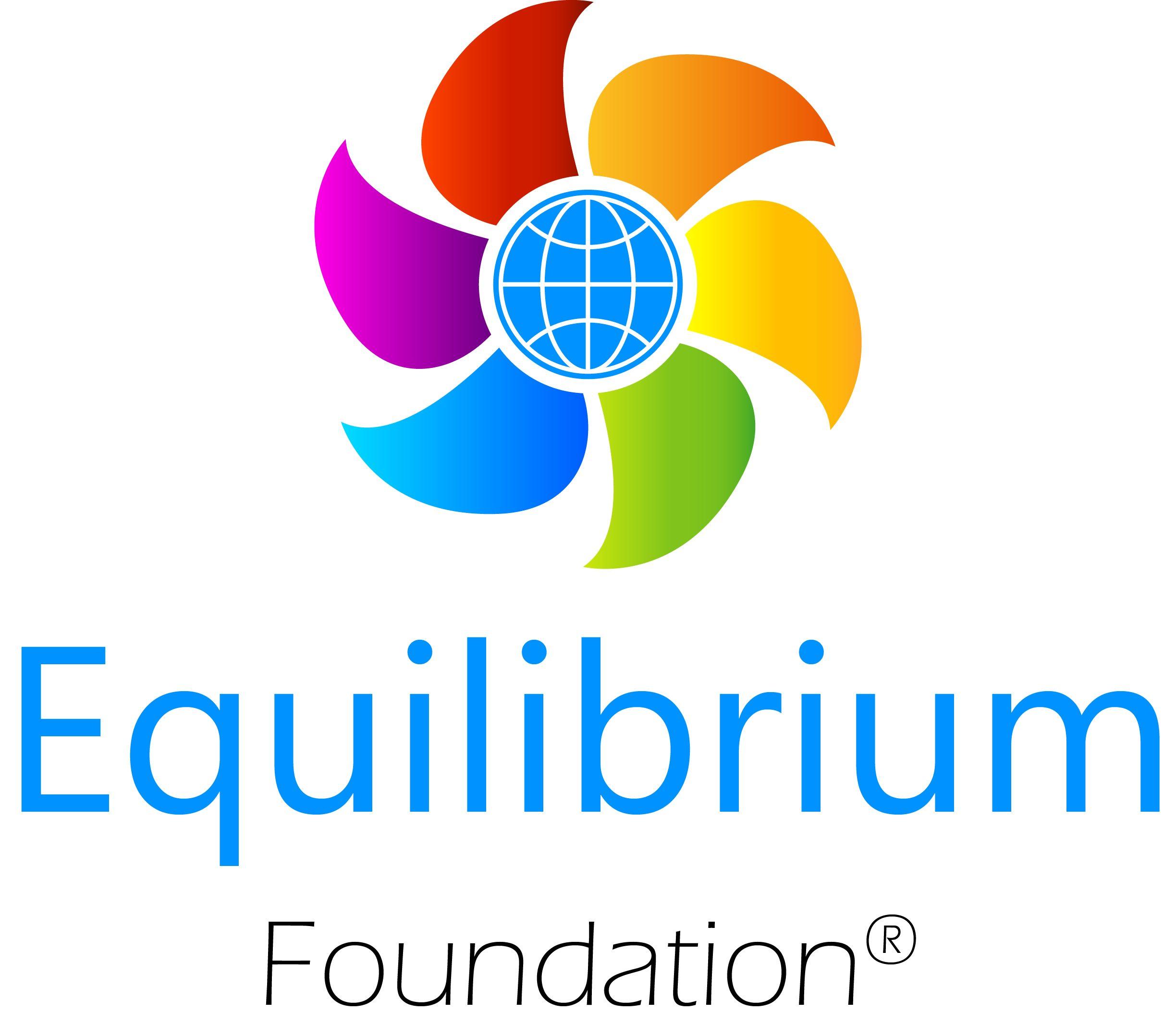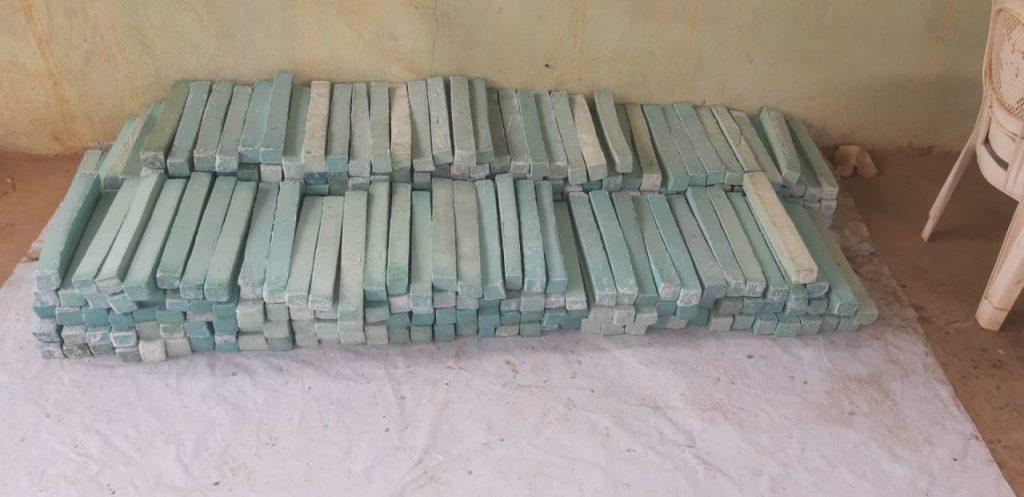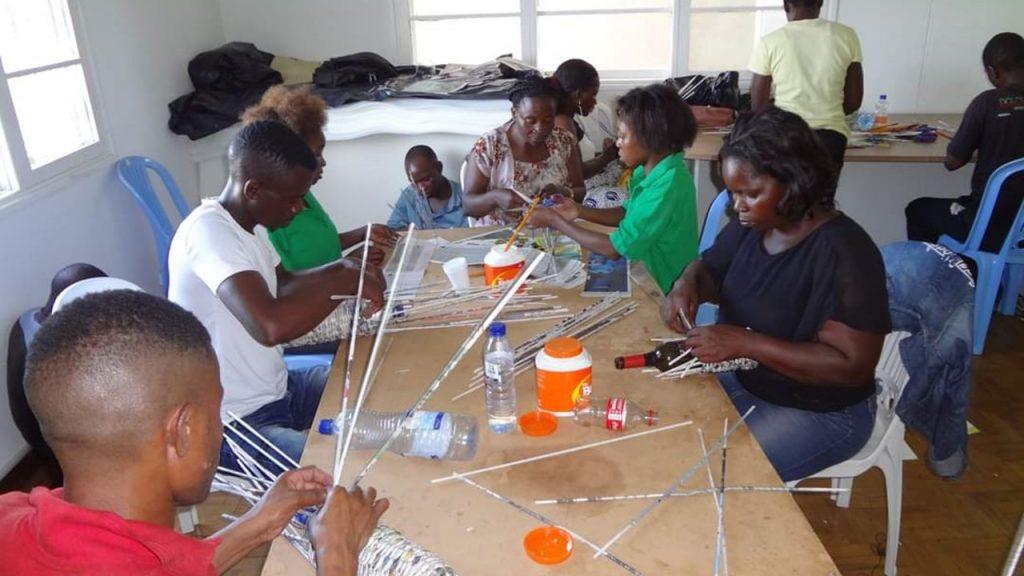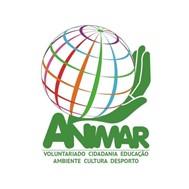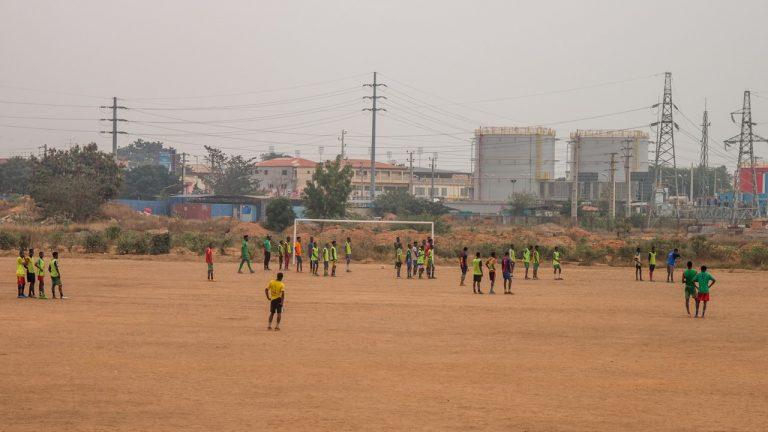
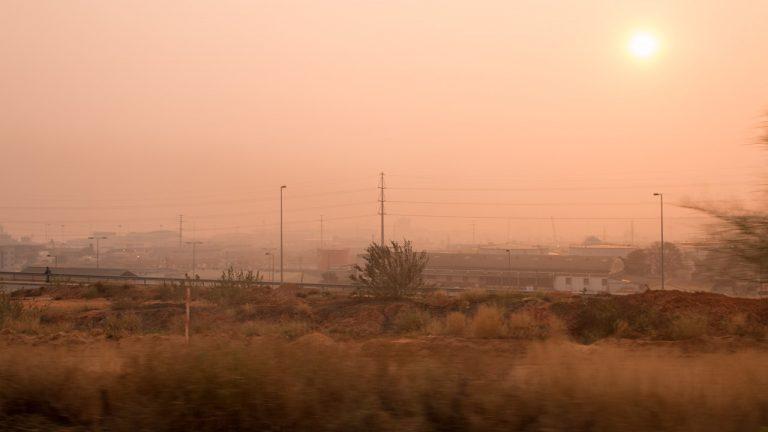
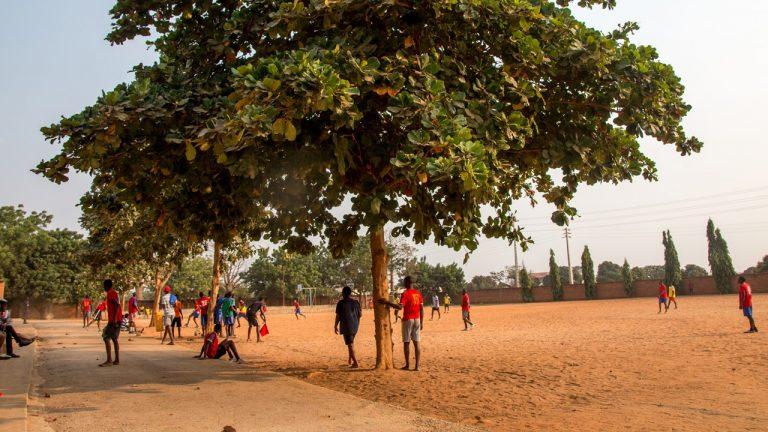
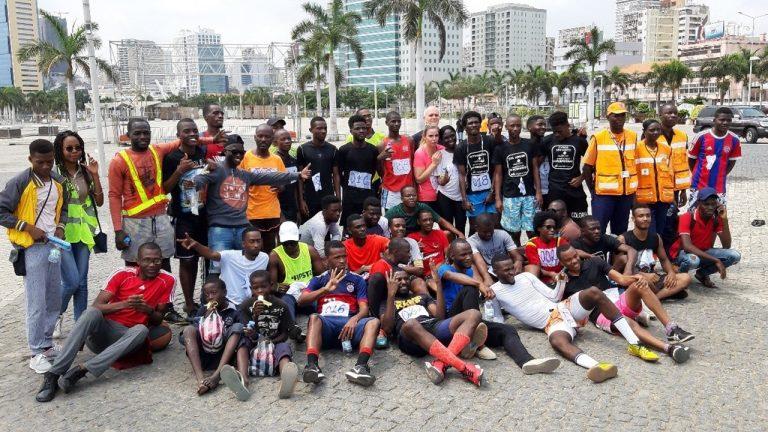
Angola
The Republic of Angola is a country on the west coast of Southern Africa and with a population of around 32 million it is the seventh-largest country in Africa. After independence was achieved in 1975, a civil war lasted until 2002. The sovereign state has since become a relatively stable unitary, presidential constitutional republic. Angola has vast mineral and petroleum reserves, and its economy is among the fastest-growing in the world, especially since the end of the civil war. However, the standard of living remains low for most of the population, and life expectancy in Angola is among the lowest in the world, while infant mortality is among the highest. Angola’s economic growth is highly uneven, with most of the nation’s wealth concentrated in a disproportionately small sector of the population.
Key socio-economic indicators:
- Life expectancy: 55 years (2015).
- Population growth per year 3.33 % (2017).
- Share of rural population 34 % (2018).
- Per capita income (purchasing power parity): USD 6,929. Rank 127 of 193 countries (2019).
- Distribution of income (Gini): 51.3 = high. Rank 23 of 159 countries (2018).
- Carbon dioxide emissions per capita (in tonnes): 1.0 (2018).
- Poverty rate (national poverty line): 41 % (2006).
- Global Hunger Index (GHI): 29.8 = serious. Rank 100 of 117 countries (2019).
- Economic Transformation Index (BTI): Rank 108 of 137 countries (2018).
- Human Development Index (HDI): Rank 149 of 189 = medium (2018).
Politics
Since the adoption of a new constitution in 2010, the politics of Angola take place in a framework of a presidential republic, whereby the President of Angola is both head of state and head of government, and of a multi-party system. Executive power is exercised by the government. Legislative power is vested in the President, the government and parliament.
Education
Education in Angola has four years of compulsory, free primary education which begins at age seven, and secondary education which begins at age eleven, lasting eight years. Basic adult literacy continues to be extremely low, but there are conflicting figures from government and other sources. It is difficult to assess literacy and education needs. Statistics available in 2001 from UNICEF estimated adult literacy to be 56 percent for males and 29 percent for women. On the other hand, the university system has been developing considerably over the last decade.
Healthcare
The health system Health in Angola is rated among the worst in the world and is under-resourced. More than 50% of the population does not have access to health services. The quality of available health services and their coverage are both severely limited. Public health programmes are overstretched. Health service users have to pay substantial charges. Only a fraction of the population receives even rudimentary medical attention. Angola has some of the highest infant and under-five mortality rates in the world. Malaria, diarrhoea, respiratory diseases, measles and recurrent cholera epidemics are the main killers.
Economy
Angola has diamonds, oil, gold, copper and a rich wildlife (dramatically impoverished during the civil war), forests, a rich agricultural land and fossil fuels. Despite these resources, Angola remains poor, and a third of the population relies on subsistence agriculture. Since independence, oil and diamonds have been the most important economic resource. Smallholder and plantation agriculture dramatically dropped in the Angolan Civil War, but began to recover after 2002. The transformation industry of the late colonial period collapsed at independence, because of the exodus of most of the ethnic Portuguese population, but it has begun to re-emerge with updated technologies, partly because of an influx of new Portuguese entrepreneurs. Similar developments have taken place in the service sector. Since 2002, government policy prioritized the repair and improvement of infrastructure and strengthening of political and social institutions. During the first decade of the 21st Century, Angola was one of the fastest-growing in the world. High international oil prices and rising oil production contributed to strong economic growth, although with high inequality, at that time. Corruption is rife throughout the economy and the country remains heavily dependent on the oil sector, which in 2017 accounted for over 90 percent of exports by value and 64 percent of government revenue. With the end of the oil boom, from 2015 Angola entered into a period of economic contraction.
Our Projects
Production of Soap in Sambizanga
Seeking financial support to support the community of Sambizanga in the production of soap for protection against the COVID-19 pandemic.
Arts and Craftsmanship in Luanda
Promotion of the Recycling of materials, keeping the streets of Luanda clean. Enable creators to work with recycled materials and make a living.
